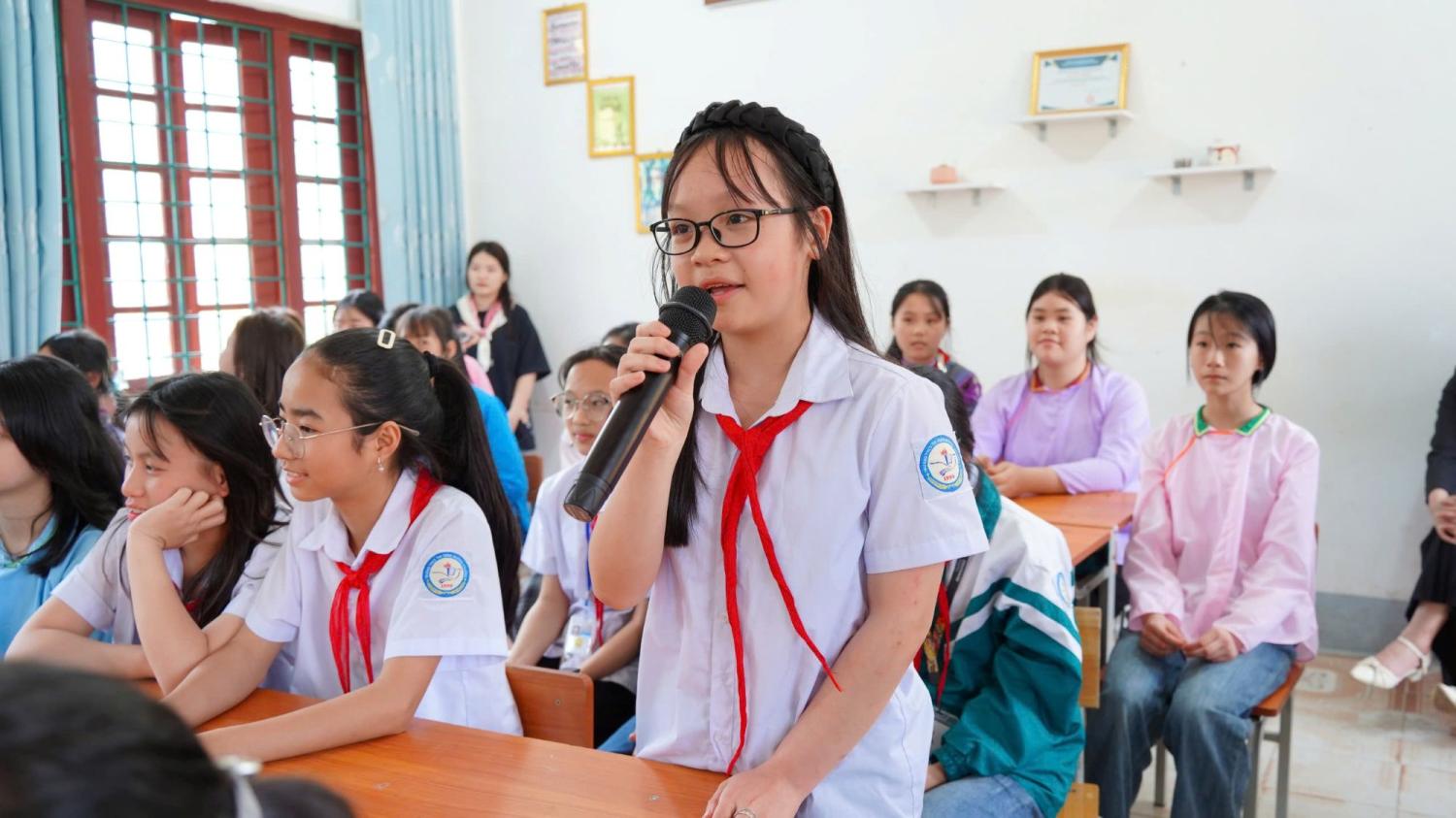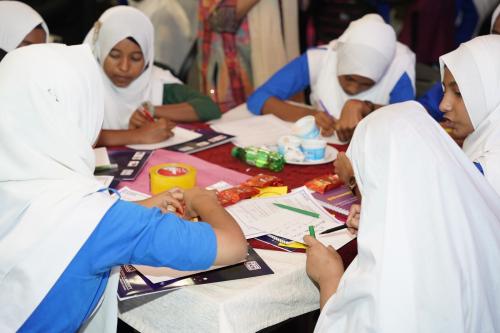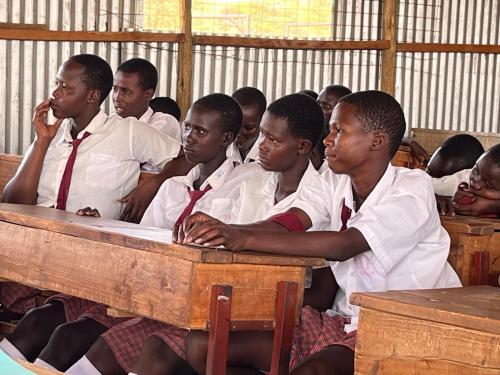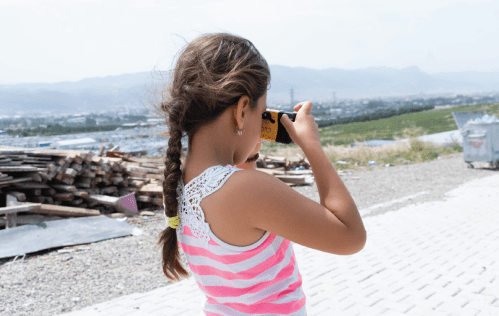For adolescent girls living in highly marginalized contexts, agency is part of an everyday struggle. Girls make decisions about their lives while navigating social structures, norms, and systems. Yet the agency of girls and young women living in marginalized contexts is often misunderstood, unrecognized, underdeveloped, and/or actively stifled. Adolescent girls may have their own definitions of agency making it vital that efforts to promote agency in marginalized contexts start with girls themselves.
The current report is our effort to do just that, as we share the results of two years of participatory, collaborative, and action-oriented research conducted by members of the Learning and Action Alliance for Girls’ Agency (LAAGA) with ethnic minority girls living in the Muong Khuong District in the province of Lao Cai, Vietnam. We outline the context of Lao Cai, describe our girl-centered methodological approach, share what we have learned with girls in the region, and propose priorities and strategies to mobilize actors to transform systems with and for girls’ agency.
Agency was generally defined by the girls in Lao Cai as tính tự chủ, or autonomy to make choices in life, which they associated with happiness, confidence and a sense of expansion. Yet the expression of agency was nuanced and dynamic, influenced at the individual, relational and systemic levels.
- Self-efficacy and negotiation skills were identified as key to agency; education played a reinforcing role as it not only helped strengthen girls’ confidence but also provided status and could be used as a form of decisionmaking leverage within families.
- Relationships at home, school, and through social media were key to girls’ agency, providing emotional support, role models, information and guidance. When it came to strategic life choices, the girls described a type of “co-agency” with those around them, a collaborative, negotiated, and sometimes constrained, expression of autonomy.
- Systemic factors challenged girls’ agency. Poverty was identified as a key barrier, as were discriminatory and restrictive gender norms that limit mobility and place outsized care burdens on girls. Inconsistent access to quality education is also a barrier that must be addressed at the systems level.
It is key that efforts to promote girls’ agency in Lao Cai and similar contexts in Vietnam (and globally), take an (eco)systemic approach, working with girls, their peers, and the key adults around them to strengthen their shared ability to co-construct aspirations, make expansive decisions, and take strategic action in their lives and the lives of their communities. At a minimum, this means:
- Girls strengthening skills, knowledge, beliefs, and leadership for agency.
- Families strengthening skills, knowledge, beliefs and practices for co-agency with girls.
- Teachers, community leaders and program implementers strengthening skills and practices to be girls’ agency champions and build networks for girls’ agency.
- National and local policy makers and authorities working to ensure economic livelihoods, relevant and inclusive education, and equitable gender norms.
- Global researchers and funders promoting girl-centered approaches to research, programming and policy that incorporate individual, relational, and systemic components of agency.
Achieving this will require collaboration and coordinated efforts across diverse local and global education systems. We all have something to learn (and do) to more effectively engage adolescent girls in marginalized contexts, strengthen their agency to resist exclusion, and work together towards more equitable societies.
The Brookings Institution is committed to quality, independence, and impact.
We are supported by a diverse array of funders. In line with our values and policies, each Brookings publication represents the sole views of its author(s).






